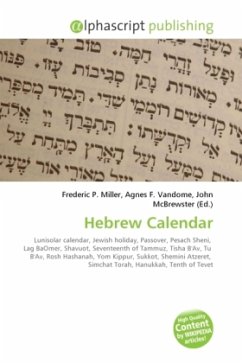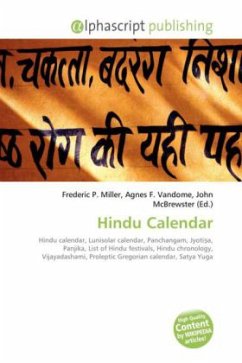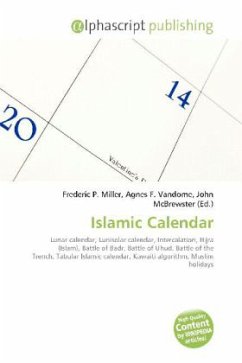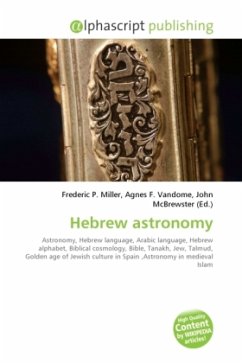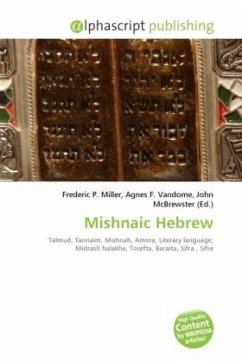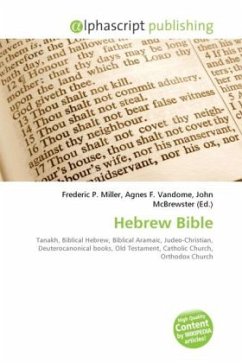The Hebrew calendar or Jewish calendar is a lunisolar calendar used by Jews, and in recent decades, by a growing number of Messianic Jews and Christians. Today, the calendar is predominantly used for religious observances, but is also employed by Jewish farmers in Israel as an agricultural framework. The calendar is used to reckon the Jewish New Year and dates for Jewish holidays, and also to determine appropriate public reading of Torah portions, Yahrzeits (dates to commemorate the death of a relative), and daily Psalm reading, among many ceremonial uses. Originally the Hebrew calendar was used by Jews for all daily purposes. Following the conquest of Jerusalem by Pompey in 63 BCE (see also Iudaea province), Jews began additionally following the imperial civil calendar (which was decreed in 45 BCE) for civic matters such as the payment of taxes and dealings with government officials. The principles of the Hebrew calendar are found in the Torah, which contains several calendar-related commandments, including God's commandment during the Exodus from Egypt to fix the month of Aviv as the first month of the year.
Bitte wählen Sie Ihr Anliegen aus.
Rechnungen
Retourenschein anfordern
Bestellstatus
Storno

